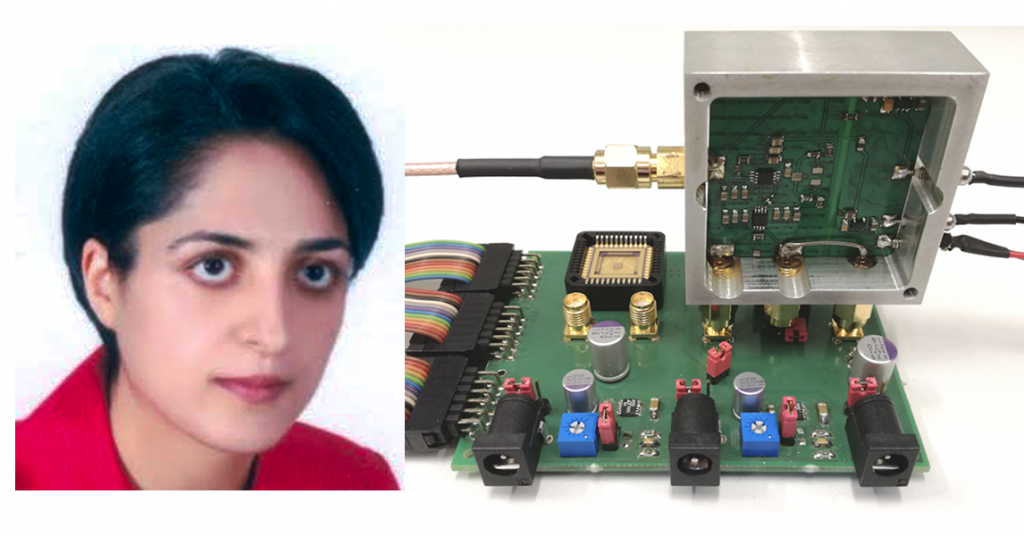
Investigating the Impact of Device Aging on the Security of Cryptographic Chips
Professor Naghmeh Karimi received a prestigious NSF CAREER award to support her research on Investigating the impact of device aging on the security of cryptographic chips.
CAREER awards are among NFS’s most prestigious awards and are intended to support early-career faculty who have the potential to serve as academic role models in research and education and to lead advances in the mission of their department or organization.
Cryptographic chips implement cryptographic functions in hardware for better performance. Despite the significant performance benefits, cryptographic chips can be compromised by the adversaries via monitoring their power-consumption, tampering their logic or placing the chips under stress to generate erroneous outputs to infer sensitive data. The current protections against such attacks do not consider the aging of the devices that can cause a parametric shift of device parameters over time which can compromise device security.
Supported by this five-year award, Professor Karimi and her students will investigate the effects of device aging on the security of cryptographic devices, particularly those with protection against physical attacks, and develop solutions to ensure security when device aging comes into account. Her work will help enable the development of long-lasting security for trusted hardware platforms, and result in aging-resistant security solutions that benefit the society via devices that remain secure over their lifetime.